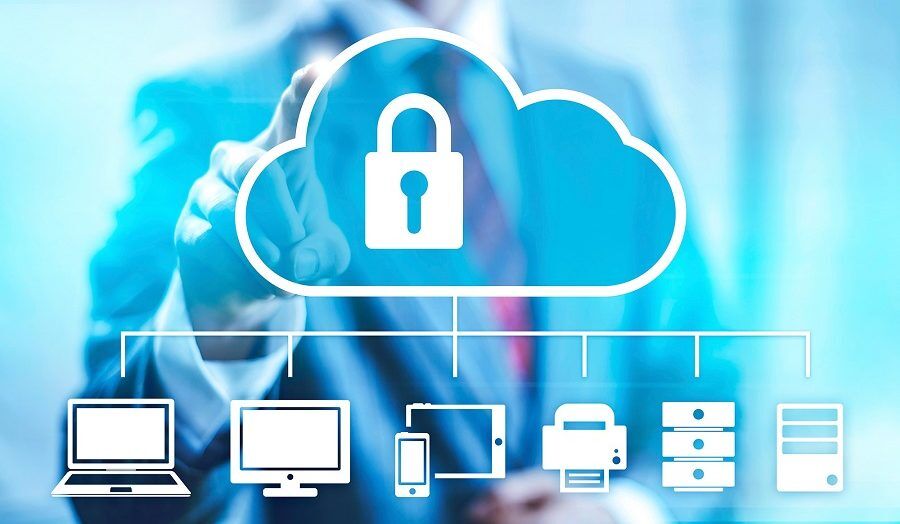Online Privacy Defined:
How we think of privacy is constantly changing and developing. 50 years ago, discussions on the subject would have been minimal. They might have included someone looking at your mail, or even a peeping Tom. The online world has changed that – significantly. Online security, and by affiliation, the need to protect online privacy is all-encompassing. Think about all of the areas where some component of your personal data is stored. Medical records, sales information at your car dealership, online banking details. They’re all little pieces of your identity, tucked away somewhere in cyberspace. You’ve offered them up to an organization and you expect them to be cared for.
Most people are concerned about their online privacy – and rightfully so. But there’s a difference between being concerned and taking action. Only 4 in 10 American adults feel as thought they have a good understanding of how to protect their online privacy. That means that even though they may have real concerns about how their data is stored, they’re not sure what steps to take to ensure it’s not being mishandled.
Maybe that’s because people have different notions and expectations surrounding privacy. Different people have different ideas of what’s okay to be shared online. Some are more open on their social networks, while others prefer a locked-down experience. Others are comfortable with websites using their information in order to provide more targeted advertising or content. There are also differences between user age groups. A recent study conducted by the USC Annenberg Center for the Digital Future reveals that millennials are more comfortable with sharing their information online, as long as they feel as though they’re being adequately compensated. This is in contrast to user groups that in some cases are only marginally older than the millennials themselves. The younger group has seemingly defined privacy in a different manner, saying it’s okay to share if the action is reciprocated.
Regardless of your age, taking control of your online privacy is an important practice. Having your data fall into the wrong hands can lead to identity theft and fraud – an action that can haunt you for years. That’s not to mention the overall feeling of vulnerability and violation. Create and understand your definition of online privacy and stick to it – remain committed to protecting yourself.
How do you define privacy? Let us know in the comments section below.

